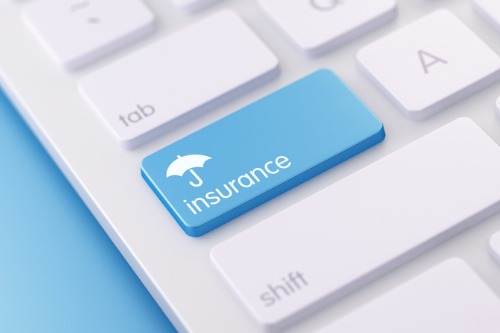

After detecting an influx of insurance fraud cases tied to the recent COVID-19 outbreak, the National Insurance Crime Bureau (NICB) has created a new page on its website to serve as a resource to inform the public about these scams.
The new “NICB COVID-19 Resource Center” hosts the latest information on emerging fraud scams involving the coronavirus. It also has information about what is happening in other states from an insurance fraud perspective.
“Catastrophes bring out the good in people. Unfortunately, they also bring out the bad actors that take advantage of the most vulnerable,” said NICB president and CEO Joe Wehrle. “With the help of our partners, our goal is to use our proven data analytics and investigative abilities to identify those bad actors and help bring them to justice.”
Wehrle added that everyone should be on the lookout for physicians, attorneys, and patients attempting to commit insurance fraud by submitting fraudulent medical claims. The public should also be wary of scams involving business interruption, online hackers looking to steal personal data, and other malicious efforts.
NICB’s new online resource comes after the Coalition Against Insurance Fraud (CAIF) issued its own statement warning about a surge of fake coronavirus health coverage schemes.
CAIF warned in its release that robocalls, text messages, and email phishing attacks could pitch fake insurance deals to consumers, asking them to pay for health or travel insurance premiums without delivering coverage. Some fraudsters may also pitch free vaccines and tests that are supposedly covered by health insurance, or “senior care packages” that ask for Medicare numbers and other sensitive details, CAIF warned. Another scam that people should look out for are con artists calling individuals informing them that a loved one is sick in the hospital, and that their health coverage was cancelled, forcing the victim to pay for “insurance” over the phone.
